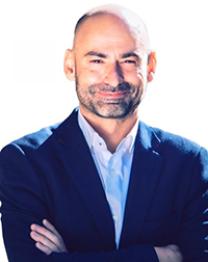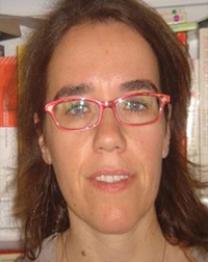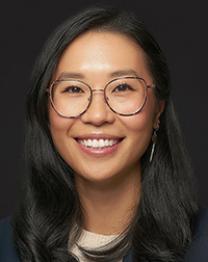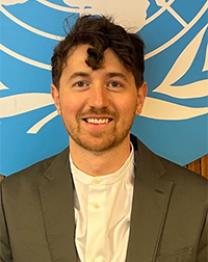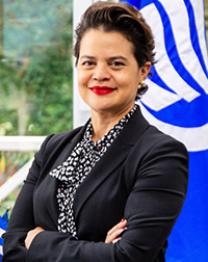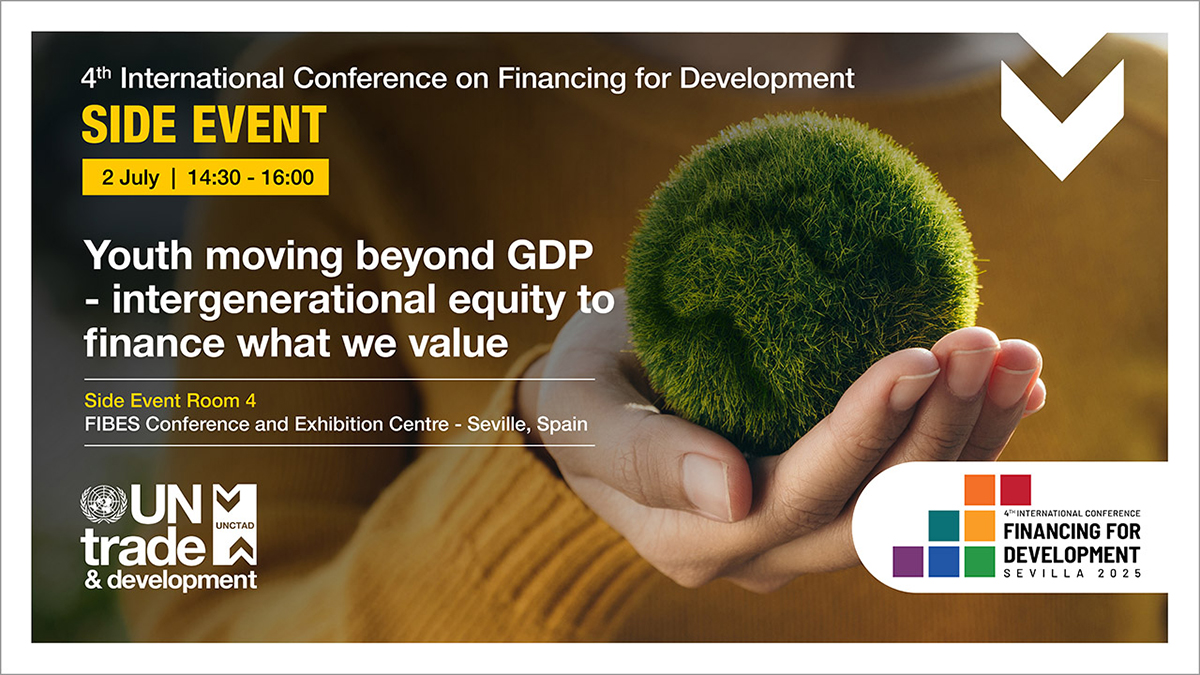
This side-event will contribute to the inclusive and transformative engagement of young people and promote a future generations perspective at FfD4. The event will focus on integrating innovative economic models into development financing strategies, which create real value for people and planet, and advancing inter-generational equity as a key principle in reforming the international financial architecture in alignment with the 2030 Agenda and the SDGs.
The event will showcase initiatives that are youth-led, impactful and which have successfully influenced financing and development agendas. It will also explore how youth voices and the needs of future generations can shape financial decisions that foster sustainability and inclusion over the long term.
In alignment with the FfD4 Outcome First Draft (Annexes 1 and 2) and Action 53 of the Pact for the Future (Annex 3), the side-event aims to advance inter-generational equity for long-term sustainability by:
- Promoting youth-led and future generations-informed policy recommendations on progress beyond GDP;
- Creating opportunities for youth engagement and elevating the needs and interests of future generations within FfD4 discussions;
- Bridging grassroots advocacy and high-level policy making to integrate youth perspectives and inter-generational priorities into new development frameworks aligned with human rights.
Objectives of the Event
- Launch the Youth Network for Beyond GDP – A dedicated platform for ongoing collaboration and engagement, ensuring the voices of young people and the needs of future generations are meaningfully reflected in economic policymaking. The Network will also serve as a "sounding board" for Member States and the Secretary-General’s independent high-level expert group developing recommendations for sustainable development indicators that complement and go beyond GDP.
- First youth-expert interactive session – A structured dialogue between the Youth Network, high-level experts, and member States on metrics beyond GDP, fostering mutual learning and co-creation of ideas.
- Provide real-time inputs into policy making – Direct youth contributions and future generations’ considerations to the formulation of policy recommendations on sustainable economic and financial progress, ensuring timely and relevant insights that are inter-generationally equitable and grounded in human rights.
Organizers
The side-event will be hosted by the Beyond Lab, Rethinking Economics International, and UN Trade and Development (UNCTAD) as core partners of the “Youth Moving Beyond GDP” initiative; The International Institute for Sustainable Development (IISD), in partnership with the Government of Canada’s International Development Research Centre (IDRC); The UN Youth Office; The Office of the UN High Commissioner for Human Rights (OHCHR); The Government of Germany, whose Federal Ministry for Economic Cooperation and Development (BMZ) provides generous support to the initiative; and The Government of Zambia, drawing on their role as Co-Facilitators of the FfD4 Outcome Document.
The side-event will prominently feature young people and future generations advocates, as well as follow a pluri-disciplinary and multi-stakeholder approach from different regions.
Format
The 90-minute event will be an interactive and participatory session structured around four key segments:
- Why Are We Here? – Setting the scene: High-level officials will highlight the importance of inter-generational equity in advancing beyond-GDP approaches as a crucial element of financing reforms for sustainable development.
- What is the Problem? – Panel discussion: Experts from diverse sectors—including Member States, academia, and civil society organizations—will examine the limitations of current frameworks for measuring progress and the urgent need for alternative economic indicators that better support development financing.
- What Are the Solutions? – Youth-expert round-table: Members of the Youth Network will engage directly with the high-level expert group, acting as a “sounding board” and offering real-time input on the development of new measures beyond GDP.
- What Do We Do Now? – Closing and next steps: The session will conclude with a collaborative discussion on actionable next steps to ensure continued youth and inter-generational engagement beyond FfD4, promoting long-term participation in shaping sustainable and inclusive development financing strategies.
Speakers
- Dr. Bärbel Kofler, Parliamentary State Secretary to the Federal Minister for Economic Cooperation and Development, Germany
- H.E. Ms. Mónica Colomer de Selva, Ambassador-at-Large for Financing for Development, Kingdom of Spain
- Ms. Özge Aydogan, Director, Beyond Lab, UN Geneva
- Mr. Felipe Paullier, UN Assistant Secretary-General for Youth Affairs
- Mr. Alexandre Pupo, Secretary-General, Organismo Internacional de Juventud para Iberoamérica (OIJ)
- Mr. Antoine Kallab, Associate Director, Nature Conservation Center at the American University of Beirut
- Ms. Georgia Gadotti dos Anjos, Economistas Sin, Fronteras
- Ms. Erin Tansey, Director of the Sustainable Inclusive Economies Program, International Development Research Centre
- Ms. Anu Peltola , Director of Statistics, UN Trade and Development (UNCTAD)
- H.E. Ms. Noemí Espinosa Madrid, Secretary General, Association of Caribbean States
- Ms. Amal Ridene, Climate finance and policy specialist,
- Mr. Borja Santos Porras, Vice Dean, IE School of Politics, Economics and Global Affairs,
- Ms. Marcella Favretto, Chief of the Sustainable Development Section, Office of the High Commissioner for Human Rights
- Ms. Bing Lou, Senior Policy Advisor, International Institute for Sustainable Development
- Mr. Laurence Jones-Williams, Executive Director, Rethinking Economics International
Expected Outcomes
- Launch of the Youth Network: A structured platform for sustained youth engagement and the integration of inter-generational perspectives in economic policy making.
- Direct youth and future generations contribution to policy recommendations: Meaningful inclusion of youth and future generations in shaping and supporting the development of sustainable, rights-based measures beyond GDP—helping to break the inter-generational “glass ceiling” in current economic systems.
- Commitment to continued, equal engagement: A clear roadmap for continued, inclusive collaboration between youth and policymakers, ensuring lasting dialogue and co-creation in financing for development.
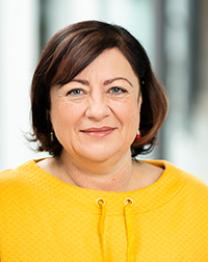
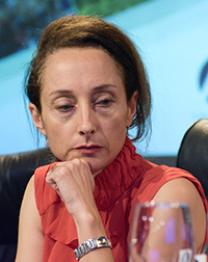
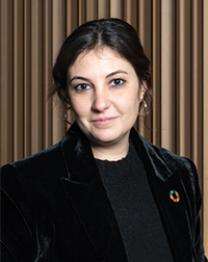
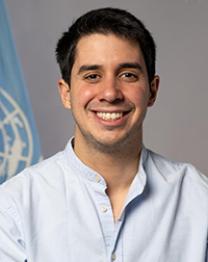
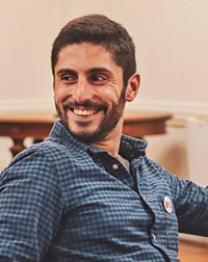

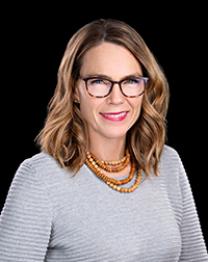
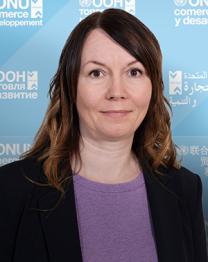
Anu Peltola is the Director of UNCTAD Statistics, Data and Digital Service overseeing the statistical, digital transformation and information technology work of the UN Trade and Development. She supports countries in measuring Sustainable Development Goals (SDG) indicators on trade, maritime transport, investment, illicit finance, South-South cooperation, and enterprise sustainability. Anu brings over 25 years of experience in official statistics at both the national and international levels.
She serves as the UNCTAD Chief Statistician coordinating internal, UN system-wide and international statistical and data efforts, including initiatives such as beyond GDP and the cost of SDG transitions. She is the co-chair of the UN system Chief Statisticians (CCS-UN) and the Committee for the Coordination of international Statistical Activities (CCSA) consisting of 45 international organizations. Her team also contributes to the development of new statistics and methodologies and supports UNCTAD programs in creating and delivering innovative, AI-assisted data management platforms for diverse domains such as non-tariff measures, informal cross-border trade, international investment policies, laws and regulations. It helps enhance countries' statistical capacity in measuring trade and development, for instance through the Trade-in-Services Statistics information system (TiSSTAT), a modern tool for national statistical authorities, as well as through a new set of indicators on gender equality in trade and the inclusive growth index (IGI). UNCTAD's statistics are released in UNCTAD Data Hub and Data Insights always reflecting the latest data in UNCTADStat and SDG Pulse sharing the latest data-driven analysis.
Before joining UNCTAD, Anu was engaged in preparing Chief Statisticians’ meetings under the Conference of European Statisticians in UNECE and coordinated international efforts to develop guidance for instance on modernising statistical legislation and enhancing the value of official statistics. She established a new joint work stream for climate and statistical communities. Previously, she worked in Statistics Finland serving as Head of Statistics and Head of Development in short-term economic, business and household statistics.
H.E. Ambassador Noemí Espinoza Madrid of Honduras officially assumed office as the 8th Secretary General of the Association of Caribbean States (ACS) on January 1, 2025, marking a historic milestone as the first Honduran to hold this prestigious position.

